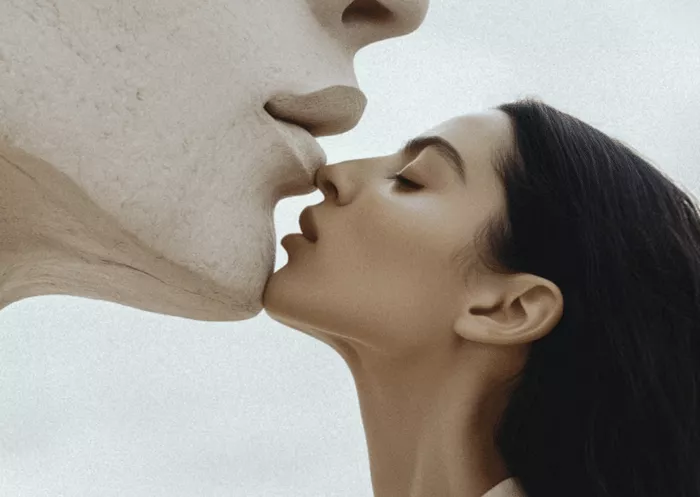As the fashion industry continues to explore generative artificial intelligence (AI), a recent copyright-related ruling by a U.S. federal appeals court carries significant implications. This week, the U.S. Court of Appeals for the D.C. Circuit reaffirmed that copyright protection applies only to works created by humans. The decision, which involves a case concerning a two-dimensional artwork, comes at a time of growing AI adoption across various industries and establishes a clear judicial stance against extending copyright protections to non-human authorship.
In November 2018, Stephen Thaler submitted an application to the U.S. Copyright Office, seeking to register an AI-generated artwork titled A Recent Entrance to Paradise. Thaler listed the author as the “Creativity Machine,” an AI system he had developed. He argued that the work was autonomously created by AI and sought to register it as a work-for-hire under his ownership. The Copyright Office denied the application, leading Thaler to take legal action.
In August 2023, a judge from the U.S. District Court for the District of Columbia upheld the Copyright Office’s decision, ruling that U.S. copyright law protects only works of human authorship and that AI-generated works lacking human involvement are ineligible for copyright protection. Thaler subsequently appealed to the D.C. Circuit.
On March 18, the D.C. Circuit issued a decision siding with the Copyright Office, reinforcing its long-standing requirement for human authorship. Writing for the panel, Circuit Judge Patricia Millett rejected Thaler’s argument that non-human authorship should be permissible under the 1976 Copyright Act. The court emphasized that the Copyright Act grants rights to the “author or authors of the work” and presumes the presence of a human creator.
While the court’s ruling is relatively narrow—denying copyright registration only for works created entirely by AI—it leaves open the question of works produced with AI assistance, provided there is sufficient human input. The Copyright Office has acknowledged that such hybrid works may be eligible for protection if a human can be identified as the primary creative force behind the output.
The implications of this ruling extend across creative industries, including fashion, where AI-generated designs, marketing materials, and digital art are becoming increasingly prevalent. Although individuals using AI tools to develop designs may retain copyright, the decision in Thaler’s case clearly denies protection for works produced solely by machines. Consequently, for fashion brands heavily investing in AI-driven innovation, the ruling underscores the necessity of maintaining human oversight and involvement in the creative process to secure legal protections.
Reports indicate that enthusiasm for AI in fashion has reached new heights, with generative AI tools being used for clothing design, AI-generated imagery, and video content in advertising campaigns. Some of the recent focus on AI stems from a series of images created by Paris-based creative Sybille de Saint Louvent, demonstrating how AI is reshaping marketing efforts. These visually striking images illustrate how far AI applications in branding have progressed from earlier, more rudimentary attempts.
Additionally, other creators have showcased AI’s potential in fashion design. Designer Gianfranco Esposito, for example, used AI to reinterpret a look from Gucci’s recent runway show, aligning it more closely with the aesthetic of the brand’s former creative director, Alessandro Michele. According to Esposito, the outcome remained true to the original design while incorporating a more vintage and romantic silhouette.
These examples highlight the growing role of AI in fashion design and marketing, where it is contributing fresh and innovative concepts that can be expanded into full-fledged collections and campaigns. Beyond fashion, they also illustrate the broader potential for AI’s application in the luxury and creative sectors.
Related Topics
- Quiksilver Embraces Action Sports Culture in New Spring Campaign
- Luxury Fashion Brand Enlists Controversial New Partner
- Lauren Goodger Sets Sights on a ‘Multi-Million Pound Fashion Empire’ with New Clothing Line Featuring Daughter Larose

